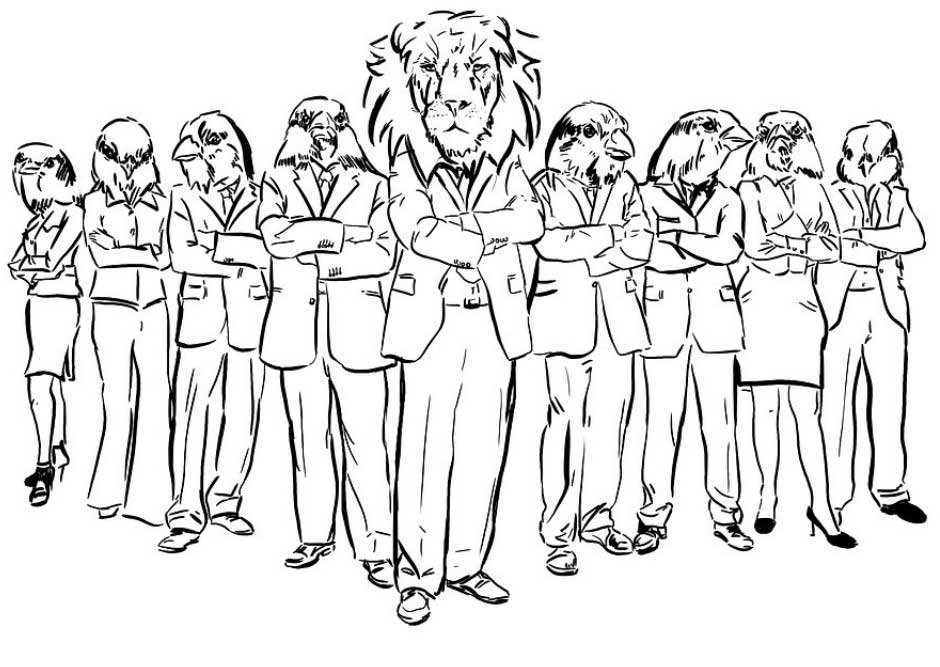Discouraging the Dispassion of Subordination: A Leadership Challenge

A subtle but ever present #leadership challenge
When you’re an employee, regardless of the organizational pecking order, one of the most important things you’ll need to work on (and master) is resisting the temptation of dispassion.
What’s that you ask?
It’s a feeling most people experience when they’re not in charge (without a formal position of authority). Their ideas either get shot down repeatedly or they are labelled for whatever reason, and they simply “check-out”, disconnect and throw their hands-up in the air – Yikes!
It’s sort of feeling where you’re constantly out of the loop when it comes to the opportunities to provide feedback or have your voice “heard”. This is evident in the vast majority of companies, in every region of the world, some more than the other.
The concept of dispassion has been an important part of many different ethical traditions. Almost all of these traditions also have some emphasis on related concepts like detachment, mindfulness.
And it is the responsibility of #Leadership to spot this right when it happens and instill and reinforce participation across the board make it a core part the #organizationalculture and emphasize this in all #organizationaldevelopment activities.
How in your view should companies handle this passivity and dispassion?
Many people do not want to work under someone else, be it in their profession, in any company or even voluntary service. The general notion is that when you work under someone, you lose your freedom, you have to be answerable.
Strength and Subordination
Refusing to work under someone is a sign of weakness, not strength. A strong person would not feel uncomfortable working under anyone, because he knows his strength. It’s the weak who don’t like to work under someone else, because they are unaware of their strength. They can be neither successful in business nor in any profession. These are some major leadership challenges one faces.
The same is true even in the field of social service – often volunteers don’t want to work under someone. This is merely an exhibition of their weakness. With such an attitude, they achieve very little. One who is timid and weak in spirit would be uncomfortable to work even under the Wise one; but one who knows his own strength can work effectively even under a fool!
So working on overcoming leadership challenges is an important role. One needs to understand and be able to be fruitful no matter what.
DISCLAIMER:
THE VIEWS AND OPINIONS EXPRESSED IN THIS ARTICLE ARE THOSE OF THE AUTHOR AND DO NOT REFLECT THE VIEWS OF SPEAKIN, ITS MANAGEMENT OR AFFILIATES. SPEAKIN MAKES NO REPRESENTATION AS TO ACCURACY, COMPLETENESS, CORRECTNESS, SUITABILITY OR VALIDITY OF ANY INFORMATION ON THIS ARTICLE AND WILL NOT BE LIABLE FOR ANY ERRORS, OMISSIONS OR DELAYS IN THIS INFORMATION OR DAMAGES ARISING FROM ITS DISPLAY OR USE.





